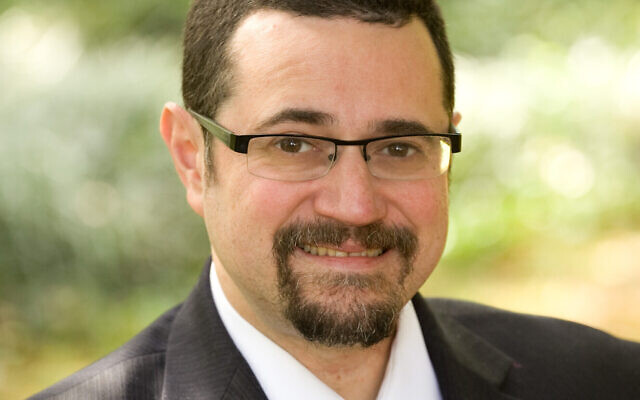A Chanukah Message from Rabbi Joshua Heller
Read community insights, advice and perspectives during Chanukah.
Rabbi Joshua Heller is the senior rabbi at Congregation B’nai Torah.
This year did not give us a lot of time to manage the transition from turkey to latkes. Some called it Thanksgivukah. In fact, the holidays have a lot in common. Both Thanksgiving and Chanukah can trace their origins to Sukkot, the fall harvest festival found in the Torah. The early settlers in the U.S. (Pilgrims and otherwise) declared days of thanksgiving for a successful harvest, though the dates varied from community to community and even from year to year. Some of these observances drew on the key themes of Sukkot.
Meanwhile, Chanukah was enacted by the Maccabees to celebrate their victory over the Syrian Greeks and the subsequent rededication of the Temple. We often tell the story of the miracle of the oil to explain why the festival is observed for eight days. However, many scholars suggest that that year, Sukkot could not be observed because of the war, and the eight days were set as a makeup.
Furthermore, historically, the first Temple was dedicated during Sukkot, so it made sense to pattern the rededication on that festival.
Chanukah is uniquely connected to gratitude in another way. When most holidays are mentioned in the thrice-daily Amidah prayer and the grace after meals, a special passage is inserted in the blessing that talks about the Temple service in Jerusalem. In contrast, the special portion for Chanukah is placed specially in the blessing that speaks of gratitude.
Chanukah is often associated with gifts. Most other holidays focus on the gifts we give to God — the sacrifices and observances. Chanukah focuses more directly on the gratitude that we have to God for God’s gifts to us. May the Chanukah menorah illuminate all of the blessings that God has given us.
Rabbi Heller is the senior rabbi of Congregation B’nai Torah.




comments